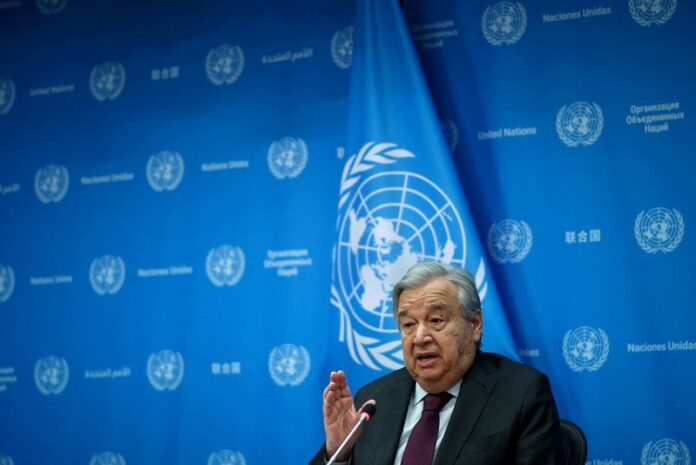Authors: Marième Soumaré
Affiliations: The Africa Report
Organization/Publisher: The Africa Report
Date/Place: February 3, 2021
Type: Analysis
Word count: 2308
Link: https://www.theafricareport.com/62757/racism-at-the-un-internal-audit-reveals-deep-rooted-problems/
Key Words: UN, Institutional Racism, Africans
Brief:
The article reveals the structural discrimination that is perpetrated against United Nations staff of African descent. Though the UN is conceived and celebrated as a universal organization founded and operating based on humanity, equality, and human rights, the institution’s international staff of African origin have been experiencing blatant discrimination and unfair treatment on a racial basis. The conditions of bias against African staff are manifested in the forms of barriers to recruitment, promotions, as well as being the first target of staff downsizing, disrespect, exclusion, disproportionate sanctions, harassment, and discrimination. Though the UN has had two African secretary generals-Egypt’s Boutros Boutros-Ghali (1992-1996) and Ghana’s Kofi Annan (1997-2006) throughout its 76-year existence, it did nothing when it comes to institutional racism. Though it has been said that the UN is struggling to provide equal employment opportunities regardless of racial background, “the most sought-after and best-paying jobs go disproportionately to Westerners who constitute over 90% of employees in the most important divisions and branches. Moreover, the article provides evidence that permanent members of the UN Security Council have dominated certain organs of the UN body because of their respective interests. For example, the Office for the Coordination of Humanitarian Affairs (OCHA) is reserved for the UK, while France exercises its influence over the Department of Peace Operations (DPO). In addition, China has preserved the Department of Economic and Social Affairs, while the United States dominates the Department of Political and Peacebuilding Affairs. In sum, the UN, which is the most important international organization, not only encourages systemic corruption and political patronage, but also sustains structural violence against the weaker countries.
By: Jemal Muhamed, CIGA Research Associate




